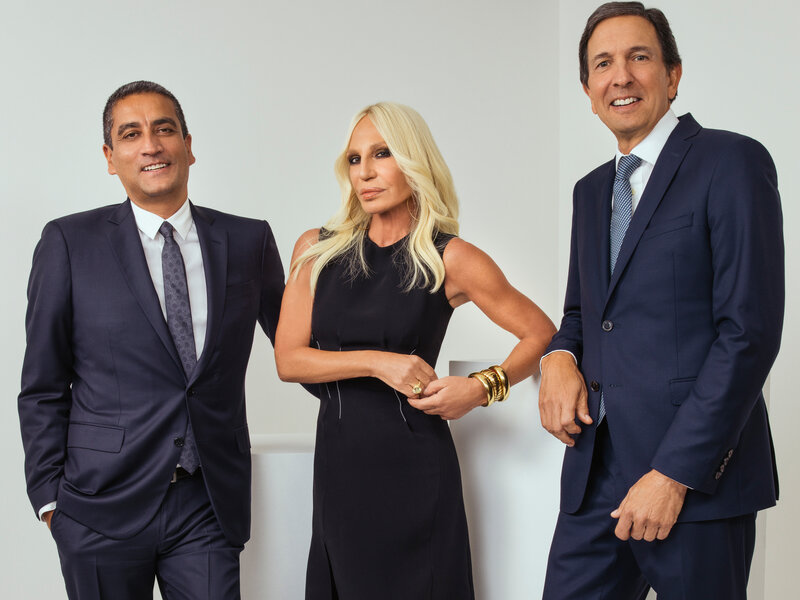
Fashion giant, Michael Kors has reportedly reached an agreement with Versace to buy the fashion outfit for $2.1 billion including debt.
Before the acquisition, Michael Kors were down 2 percent in premarket trading on Tuesday, after closing down more than 8 percent Monday when news of the deal leaked. Shares of Tapestry the parent of rival Coach, were down 1.73 percent in premarket trading.
The handbag maker which bought Gianni Versace for $2.1 billion, including debt will change its name to Capri Holdings, inspired by an “iconic, glamorous and luxury destination” island, the company said on Tuesday.
The management of Michael Kors, plans to grow Versace to $2 billion in revenue globally and increase its retail footprint from roughly 200 to 300 stores. It also expects to expand accessories and footwear from 35% to 60% of revenues.
The deal involves retaining Donatella Versace, who has helped run the company since her brother Gianni was murdered in 1997, to oversee the label. Donatella, her brother Santo and daughter Allegra will also stay on as shareholders in the company. Versace’s management team will continue to be led by its CEO, Jonathan Akeroyd.
“We are all very excited to join a group led by [Michael Kors CEO] John Idol, whom I have always admired as a visionary as well as a strong and passionate leader. We believe that being part of this group is essential to Versace’s long-term success,” Donatella said, as part of the company statement on Tuesday.
It was further gathered that this deal marks one of the first times an American company has cracked the code of super high-end luxury fashion, typically controlled by LVMH, the owner of Guerlain and Givenchy, and Kering, the owner of Balenciaga and Yves Saint Laurent. Michael Kors had already dipped its toes in European fashion, last year buying shoe brand Jimmy Choo for $1.2 billion.
Michael Kors has been eyeing the luxury space for quite some time. Both it and competitor Tapestry suffered the repercussions of expanding their affordable luxury brands too widely, thereby diluting their stature in the process.
No comments:
Post a Comment